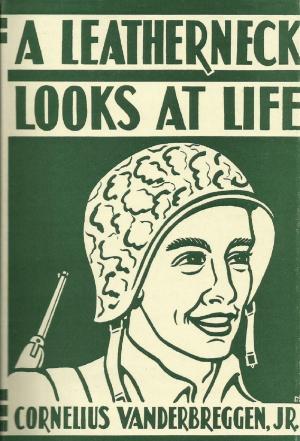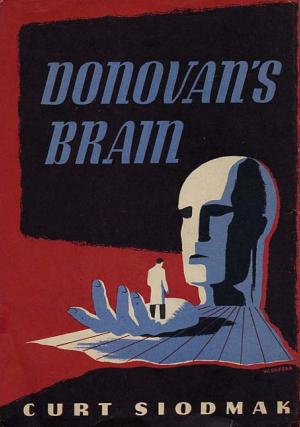The Ultimate Weapon
Nonfiction, Social & Cultural Studies, Political Science, Government, Communism & Socialism, History, Asian, Russia| Author: | Oleg Anisimov | ISBN: | 9781787202061 |
| Publisher: | Hauraki Publishing | Publication: | October 27, 2016 |
| Imprint: | Hauraki Publishing | Language: | English |
| Author: | Oleg Anisimov |
| ISBN: | 9781787202061 |
| Publisher: | Hauraki Publishing |
| Publication: | October 27, 2016 |
| Imprint: | Hauraki Publishing |
| Language: | English |
In The Ultimate Weapon, Oleg Anisimov attempts to define, within the framework of his personal experience in the Soviet Union, Germany, and Western Europe, “the profound revolution which has taken place in the political thinking of a continent exposed to totalitarianism, two devastating world wars, and the threat of a third within our lifetime.”
The book is concerned with psychological warfare. Efforts to turn soldiers and civilians in the enemy country against their rulers have been made by many a political leader since time immemorial, but what was new about political warfare [at the time of publishing this book in 1953] was its great scope and immense complexity. “Propaganda”—for this is what was regarded as political warfare in the last war—played a certain role in 1939-45. The Soviets, the Axis powers, and the Western Allies all used it as a means of influencing the people in the enemy camp, but it is very difficult to assess what effect it actually had in World War II.
Mr. Anisimov’s book is the first serious attempt to offer a new approach to this complex problem of political warfare. He does not presume to present any quick formula for the solution of the formidable difficulties that face the United States in its struggle against the Kremlin, but rather faces the problem squarely, and suggests a method of tackling it that deserves serious attention.
In The Ultimate Weapon, Oleg Anisimov attempts to define, within the framework of his personal experience in the Soviet Union, Germany, and Western Europe, “the profound revolution which has taken place in the political thinking of a continent exposed to totalitarianism, two devastating world wars, and the threat of a third within our lifetime.”
The book is concerned with psychological warfare. Efforts to turn soldiers and civilians in the enemy country against their rulers have been made by many a political leader since time immemorial, but what was new about political warfare [at the time of publishing this book in 1953] was its great scope and immense complexity. “Propaganda”—for this is what was regarded as political warfare in the last war—played a certain role in 1939-45. The Soviets, the Axis powers, and the Western Allies all used it as a means of influencing the people in the enemy camp, but it is very difficult to assess what effect it actually had in World War II.
Mr. Anisimov’s book is the first serious attempt to offer a new approach to this complex problem of political warfare. He does not presume to present any quick formula for the solution of the formidable difficulties that face the United States in its struggle against the Kremlin, but rather faces the problem squarely, and suggests a method of tackling it that deserves serious attention.















